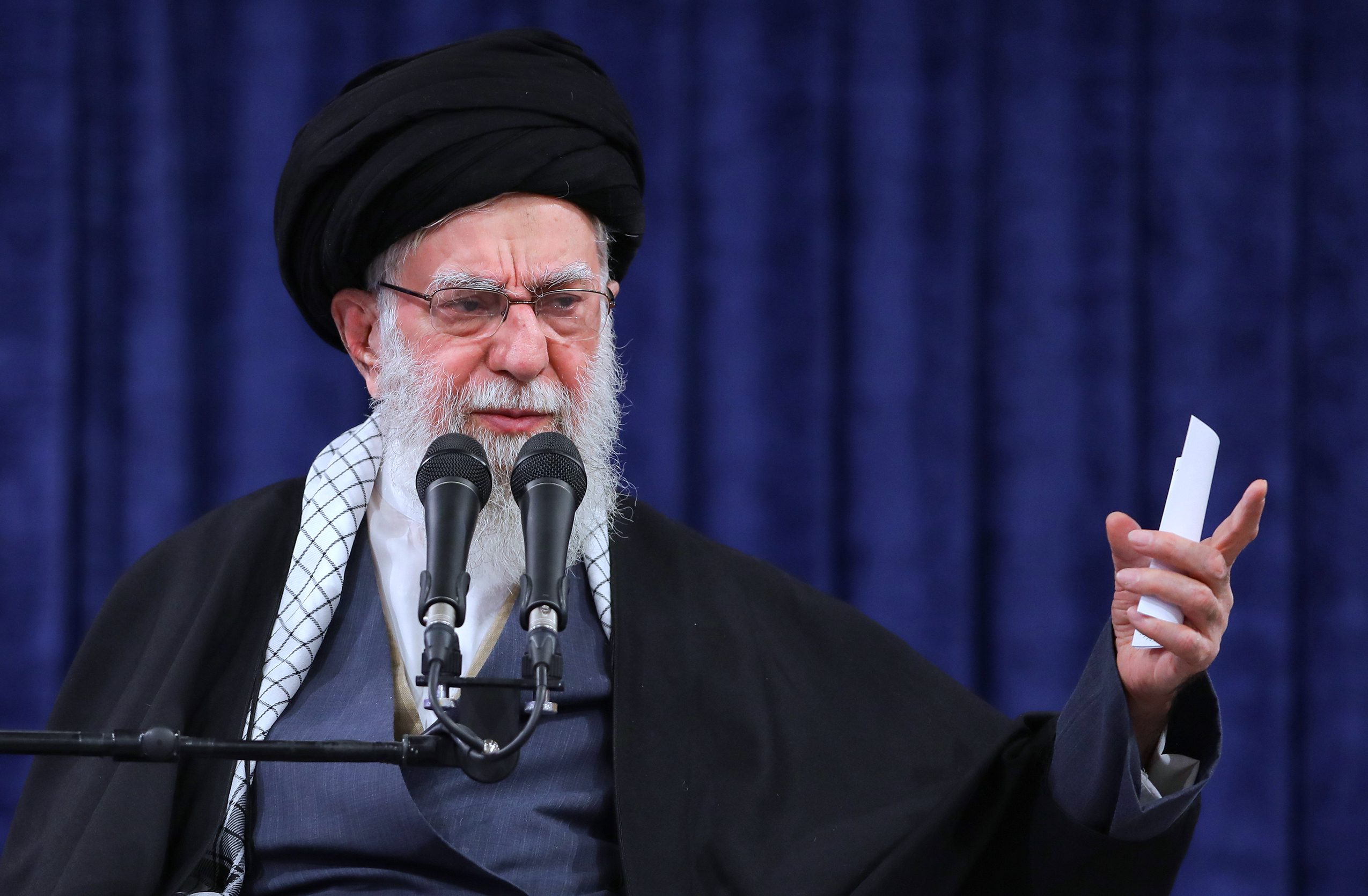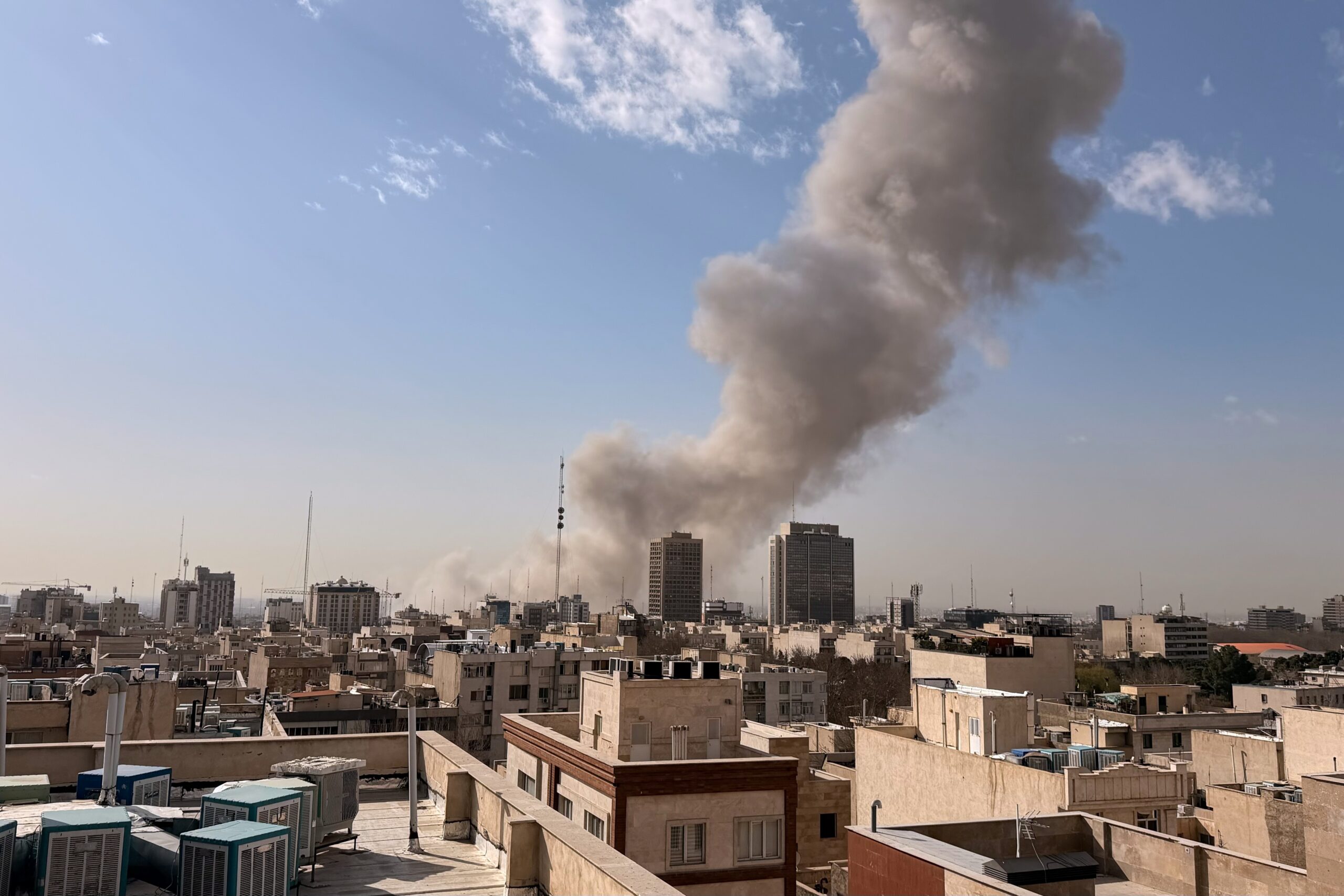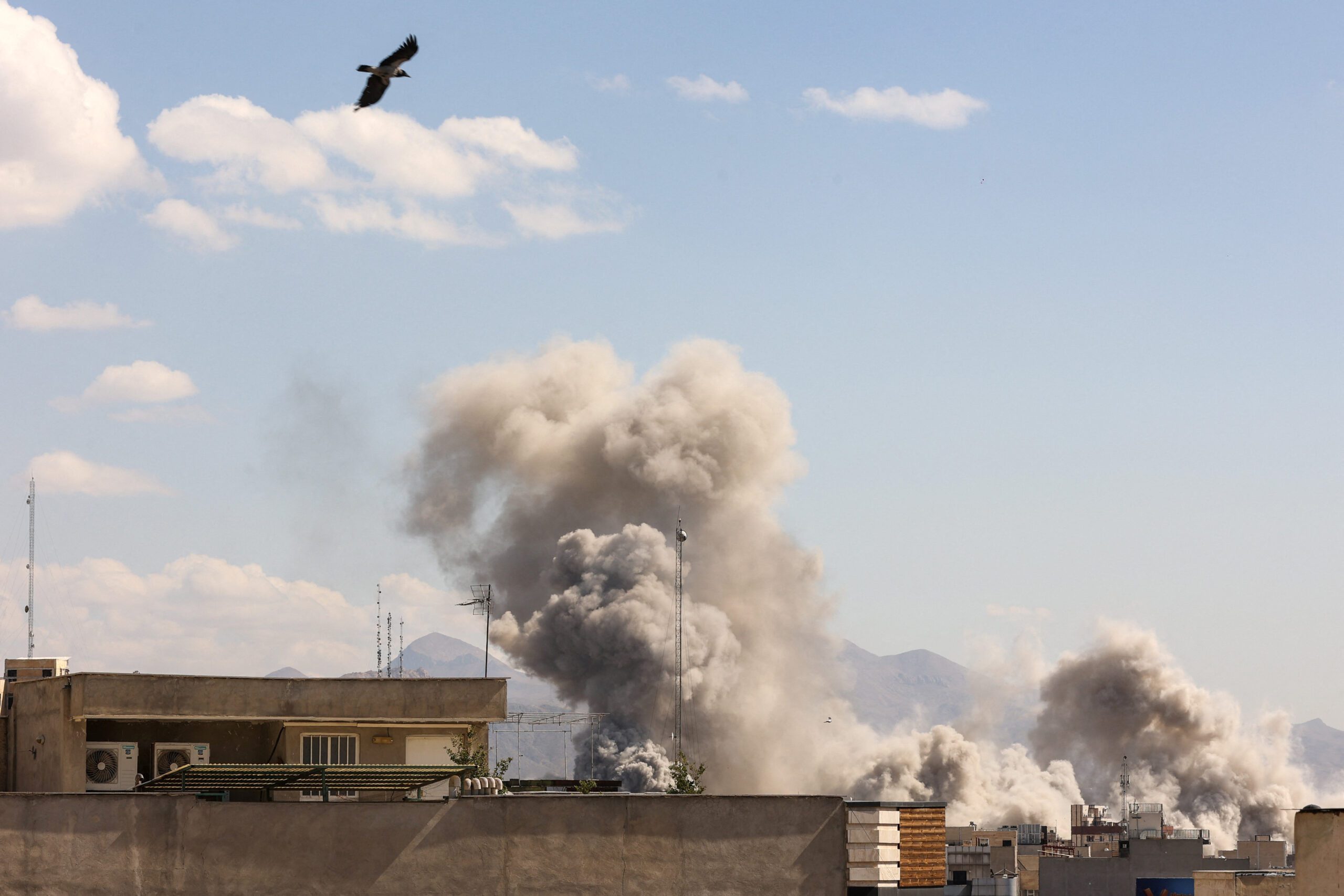Oct 6, 2022
Fararu News’ Catalogue of What Went Wrong in Iran
The October 7 edition of the Iran Media Review considers the painful measures the Iranian regime must take to regain public trust.
As countrywide protests over the suspicious death of Mahsa Amini in police custody approach three weeks, Fararu News raised the question: “Why did protests take form and turn violent, and what is the path out of the crisis?” Interviewed by Fararu, Ali Shakouri-Rad, a physician and reformist politician, not only recognized the symptoms but also diagnosed the root causes of the protests. The Islamic Republic, however, needs to muster the courage to swallow his bitter prescription. President Ebrahim Raisi’s vague mention of reconsidering policies is not nearly enough to persuade protesters to leave the streets.
- October 4: In his interview with Fararu, Shakouri-Rad emphasized five factors that made the death of Amini a transformative event: She was young, Kurdish, Sunni, female, and from the provinces. Answering why the protests turned violent, Shakouri-Rad emphasized the significance of the “lack of legal avenues for expressing legitimate protests.” He also said, “existing cleavages and divides in society and even among parts of the ruling elites have become wider as a result of recent protests, which in turn significantly reduces the efficacy of the political system and decision making.” Turning to solutions, Shakouri-Rad urged the government to “unilaterally take action to increase public trust.”
- October 4: According to Khabar Online, addressing the Expediency Council Raisi said: “Monitoring implementation of policies is of outmost importance. The leader of the revolution emphasizes that monitoring must take place, and if needed, policies must be reconsidered so that the policies are implemented at all levels in the country.”
The views represented herein are the author's or speaker's own and do not necessarily reflect the views of AGSI, its staff, or its board of directors.


















